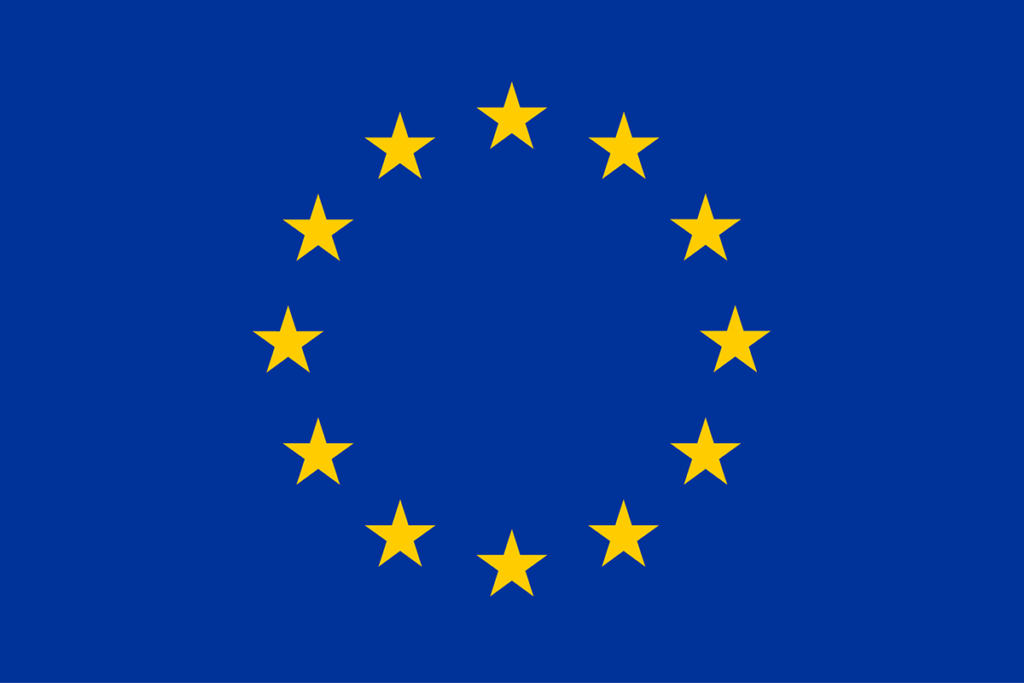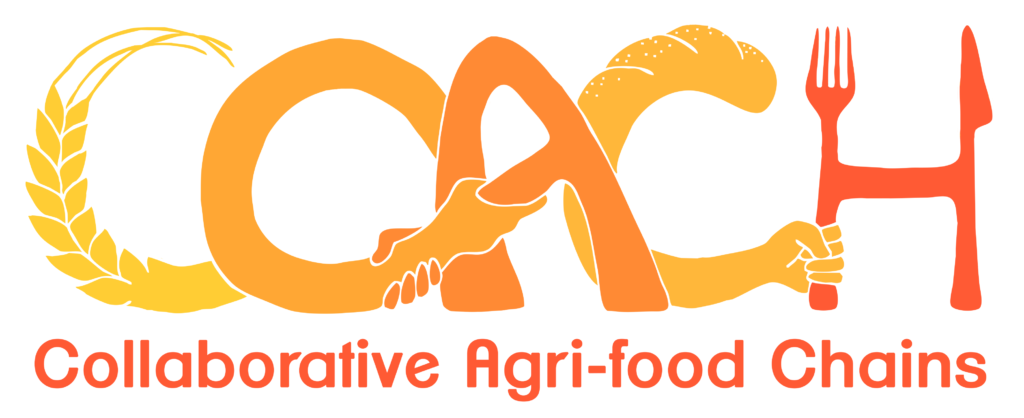Explore the Living Library of Collaborative Short Food Supply Chains
In this library you will find over 30 examples of collaborative short food chains which we call ‘beacons’. Each beacon tells a different story of how to shorten food chains and reconnect food producers and consumers. For each one, collaboration between actors has been of vital importance – the beacons showcased in our library bring together farmers, civil society, local authorities and citizens with shared goals. You can use the library in different ways. You can use the map below to find examples of collaborative short food chains. Just click on the pin, and it will take you to their story!
This Library has been developed by partners in the COACH project, which is focusing on collaborative agri-food chains anchored in territorial food systems
This is a Living Library because it will keep growing and evolving. As time goes on, we will keep adding material to the descriptions of the beacons and the spotlights, including short videos and animations. By the end of the COACH project, in 2023, you will also be able to access a range of other resources from this webpage, including training materials and toolkits.
You can also refine your search, by choosing from ‘short food supply chains’, ‘civic food networks’ or ‘sustainable public food procurement’. These are some of the building blocks of Territorial Food Systems. Clicking on one of these search terms will show you each beacon that is an example of each building block. Here is what we mean by these terms for the purposes of the Living Library:
- Short food supply chain: where the number of intermediaries between producers and consumers is limited. The actors involved in short food chains usually share a commitment to co-operation, local economic development and close geographical and social relations between producers, processors and consumers.
- Civic food networks: formal and informal initiatives in the form of non-governmental organizations such as food policy councils, social movements, farmer organisations, community initiatives and citizens working towards sustainable and just food chains.
- Sustainable Public Food Procurement: whereby schools, government departments, hospitals and other public institutions commit to procuring sustainably produced local or regional foods, typically along with other related educational and employment objectives.
The other way to search in the library is to focus on a particular theme or ‘spotlight’. If you click on the spotlight you are interested in, it will take you to examples of beacons which illustrate the spotlight.
Accessibility and Social Equity: explores strategies and practices to address inequity in the food system and to enable better access to fresh, local food for people on low income or excluded and marginalized groups.
Costs and Benefits: provides insights on economic and non-economic (e.g. social, environmental) costs and benefits incurred by small-scale farmers and businesses operating in short food supply chains.
Gender Equity and Equality: opens up discussion about practices and approaches that can achieve gender equity and equality in food systems.
Digital Innovation: this focuses on the use of digital technology breaking new ground for logistics, communications, accessibility, social equity and other factors that assist small-scale farmers and operators in scaling up the short food supply chain.
Public Food Procurement: showcases innovations in sustainable public food procurement (SPFP) practices, in particular efforts to source healthy and high-quality food from small-scale farmers and food businesses in a legally sound way.
Education and Information: refers to effective techniques adopted by food producers to develop and communicate their identity, market positions and unique selling point (e.g. environmental sustainability, health and nutrition) by connecting producers with consumers via open days, producer events, and food education in school curricula.
Policy and Advocacy: outlines approaches, strategies and proposals for triggering policy change at different scales to create an enabling environment for collaborative food initiatives in territories, ensuring conditions for the meaningful participation of people and groups most impacted by policies and food system issues.
Innovative Governance: showcases new forms of governance that are driving highly impactful collective action at the territorial level, across different actors, in particular linking initiatives on sustainable public food procurement (state) with short food supply chains (market) and civic food networks (non-profit, civil society).

COACH has received funding from the European Union’s Horizon 2020 research and innovation programme under grant agreement No 101000918

